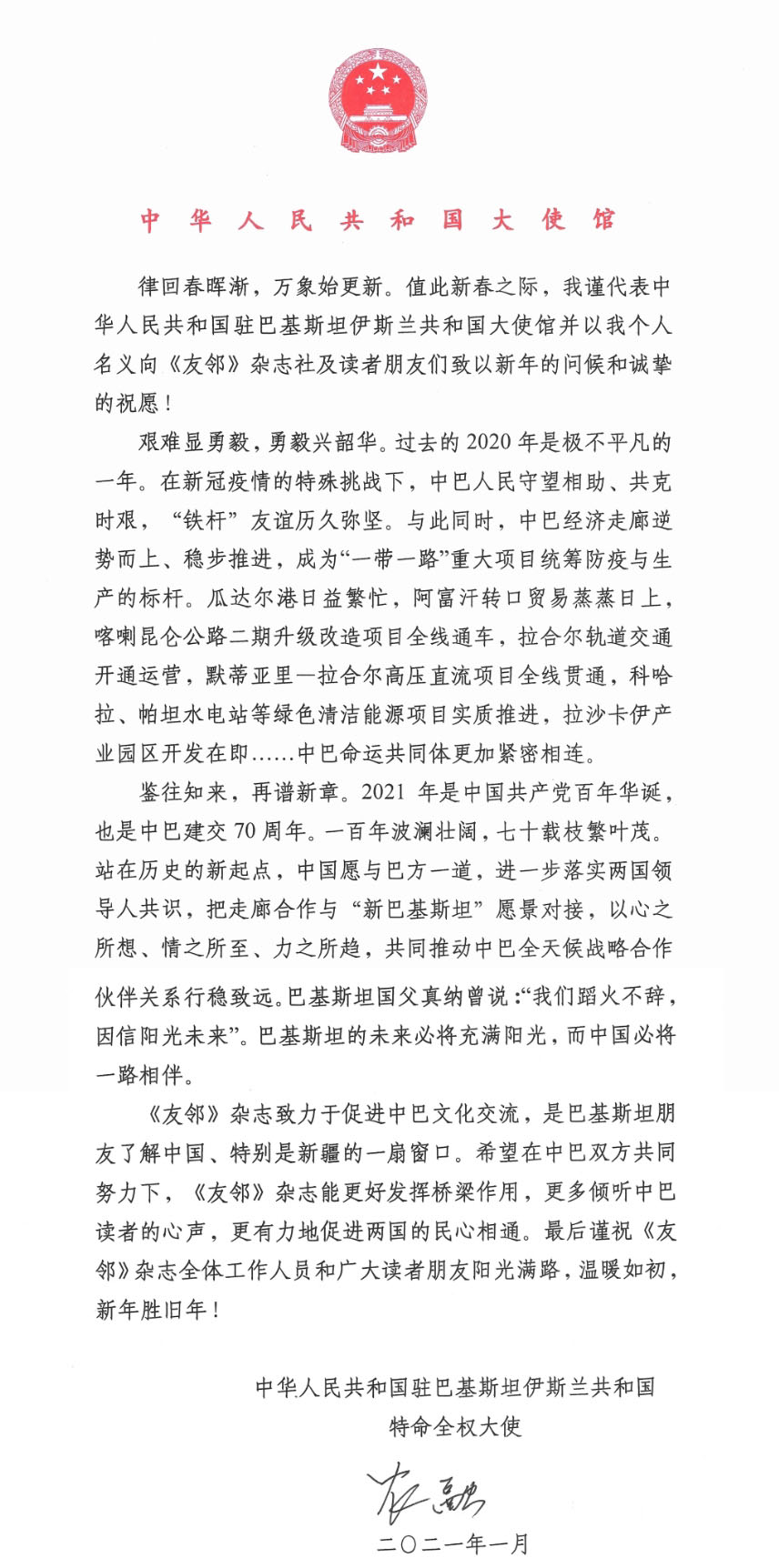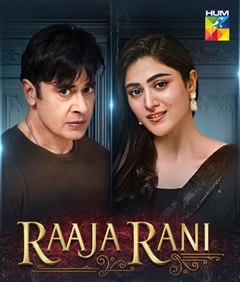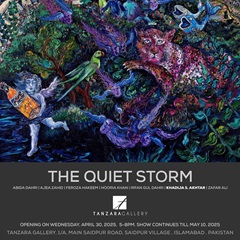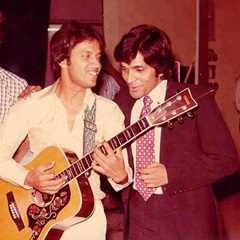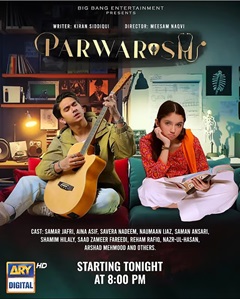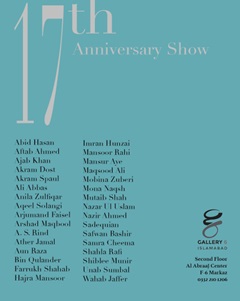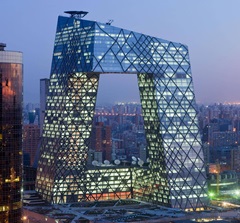Sachal Studios Orchestra Performs at PNCA, Islamabad
作家: Staff Report - 发表于: 2016年05月09日 | ENG (English)
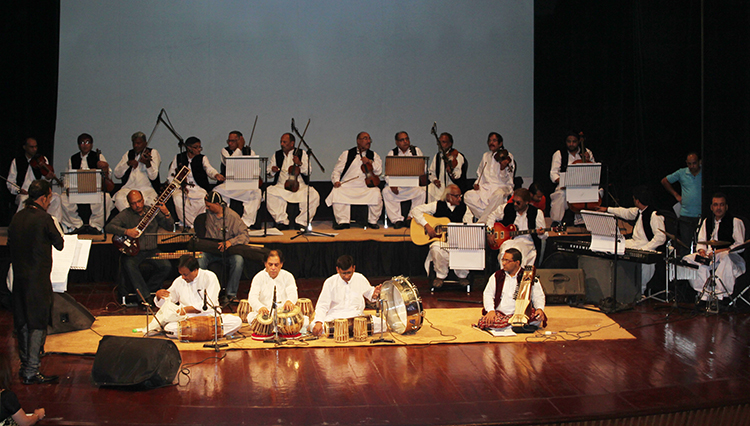
Sachal Studios Orchestra live at PNCA, Islamabad
Oxford educated Izzat Majeed from Lahore, having made his millions turned to his passion, music. He invested $2 million in creating state of the art Sachal Studio with the help of engineers from Abbey Road Studios in 2008. He put together an orchestra that uses primarily traditional musical instruments for playing cool jazz, and this initiative has helped rescue some classical musicians from mundane jobs.
Sachal’s first performance in Islamabad was organized by the charity Developments in Literacy or DIL, which runs 126 schools in Pakistan, educating over 23,400 children. The PNCA auditorium was packed with a large number of sponsors and individual ticket holders, but unfortunately the program started almost an hour late.

However, the irate spirits of the audience were soothed by Sachal’s rendition of such classic numbers as The Beatles’ Imagine, the theme from Pink Panther, Noor Jahan’s quintessential Punjabi number, Sanu nehar walay pul tai bula kai, and wound up with their well-acclaimed rendition of Dave Brubeck’s Take Five. Brubeck had described it as “the most interesting version” of Take Five that he had ever heard. In just over an hour-long performance, the preference seems to have been for the more well recognized and light numbers, rather than classical jazz. Majeed sees a lot of similarities between the structure of eastern classical music and western jazz, and his orchestra seems to be reinterpreting many of the folk and classical numbers with jazz influences.
Sharmeen-Obaid Chinoy, with a knack for picking up themes that would appeal to western audiences, made a documentary on the Sachal orchestra called Song of Lahore, which premiered in New York in November 2015, and was hosted by no less a personage than Meryl Streep. The orchestra has performed in New York, Paris and London and hit the iTunes charts. Despite Majeed’s reluctance to market the orchestra, its reputation is rising. At the end of the performance, the announcement was made that Sachal Studios is organizing a jazz festival in Lahore in the coming winter months. There was a time in the ‘50s when the jazz greats like Dizzy Gillespie, Quincy Jones, Duke Ellington, and Dave Brubeck and his quartet played in Pakistan; let's hope Izzat Majeed succeeds in putting Pakistan back on the jazz map.






